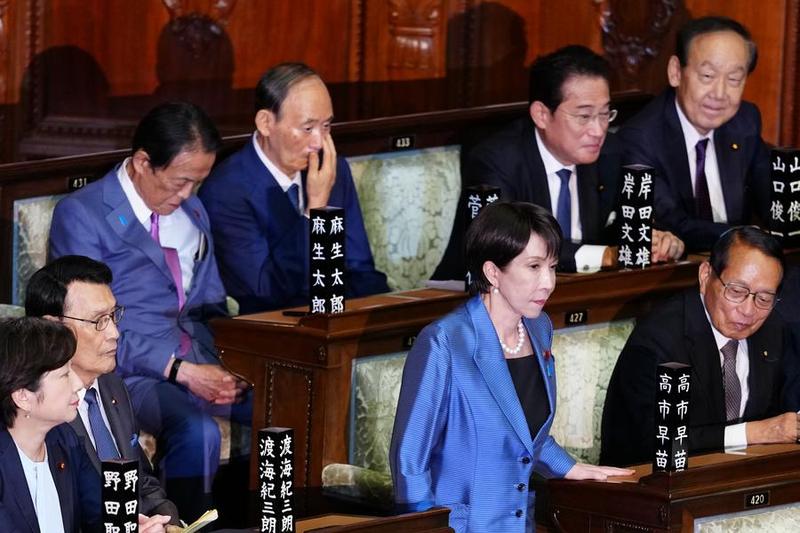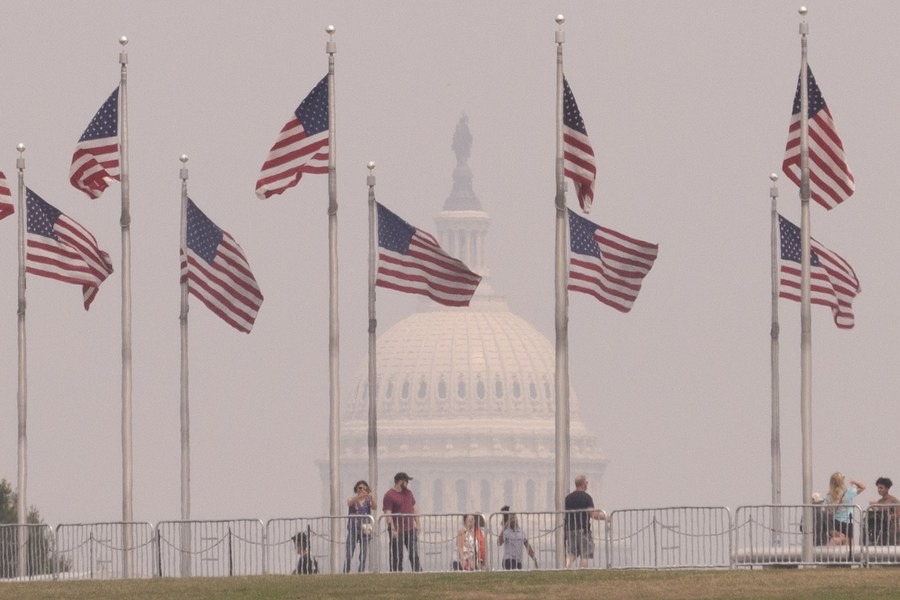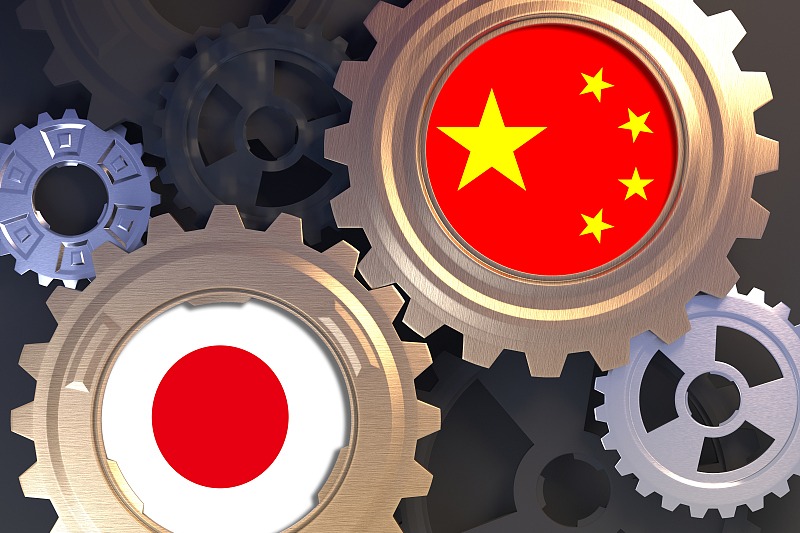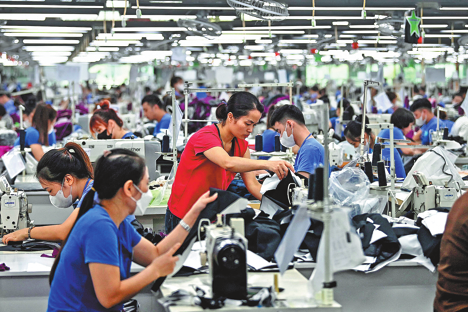Japan seeks 'stable' ties with China, PM says
Takaichi also emphasizes US alliance, prioritizes economy, defense spending


Japanese Prime Minister Sanae Takaichi, in her first policy address to parliament on Friday afternoon, said her country needs to foster "constructive and stable" ties with China while stressing alliance with the United States and pursuing aggressive fiscal spending for the economy and defense.
In her address, Takaichi emphasized that China is an "important neighbor" with which Japan would promote a "strategic and mutually beneficial" relationship.
When asked about the administration's approach to China, Japan's new Foreign Minister Toshimitsu Motegi, at his first press conference since taking office on Wednesday, stated that Japan will advance its relations with China based on a strategic, mutually beneficial relationship and seek to address differences through dialogue.
However, calling the US alliance the "cornerstone" of Japan's diplomatic and security policies, Takaichi said her government will strengthen multilateral security ties with the US, South Korea, and the Quad that includes Australia and India.
According to her plan, Japan's defense-related spending will be raised to a level equivalent to 2 percent of GDP in the current fiscal year ending March 2026. Japan's initial defense budget this fiscal year was 1.8 percent of GDP.
Takaichi also stated the three key national security documents — covering security strategy, defense strategy and the defense buildup program — will be revised by the end of 2026. She emphasized that it is necessary to proactively enhance Japan's "defense capabilities" in response to the "various changes in the security environment" that have occurred since the documents were drafted in late 2022.
Kumiko Haba, a professor at Josai International University in Japan, noted that Takaichi's administration has clearly set its foreign policy direction: prioritizing Japan-US security, making a strong show ahead of US President Donald Trump's visit to Japan from Monday, and supporting these objectives through strengthened defense measures.
Haba said that the Takaichi administration may adopt a "tougher" stance than the Shinzo Abe administration, moving away from "the realist approach of cooperating with China and Russia when it aligns with national interests".
Major diplomatic challenge
Takaichi's pledge to front-load defense spending comes just as she faces her first major diplomatic challenge, with Trump scheduled to begin a three-day visit to Japan next Monday.
Hiroshi Shiratori, a political science professor at Hosei University in Tokyo, noted that the upcoming Japan-US talks are of critical importance, as the relationship between the two countries will influence Japan-US, Japan-China and even US-China relations.
He warned that if Takaichi neglects Japan-China relations, it could trigger a chain reaction in East Asia.
The core of international relations should not revolve "solely" around the US, he said.
On economic issues, Takaichi, a leading proponent of Abenomics under former prime minister Abe, said her government will prioritize tackling rising living costs and pursue measures that do not require tax increases.
She also announced plans to abolish the temporary gasoline tax and scrap the previously planned 20,000-yen ($130) cash handout, a pledge that had contributed to the ruling coalition losing its upper house majority in July and prompted previous prime minister Shigeru Ishiba's resignation from party and state leadership.
Noriyuki Kawamura, an emeritus professor at Nagoya University of Foreign Studies, said the public is concerned about rising prices and political funding. The LDP's losses in two consecutive parliamentary elections were due to its failure to address public concerns. The new Liberal Democratic Party-Japan Innovation Party alliance must prioritize addressing these two major issues.
Takaichi called on other parties to cooperate with her government to ensure "political stability", saying that "without political stability, we cannot pursue strong economic measures nor diplomatic and security policies".
Kawamura stated that among the opposition parties, the center-right Democratic Party for the People, the far-right Sanseito, and the Conservative Party share the Takaichi administration's views on constitutional and security policies and are likely to support the new government. This could create a new dynamic in Japan's political landscape, he said.
Haba said that Takaichi may secure government stability by pursuing popular policies, such as measures to address rising prices and consumption tax cuts.
































